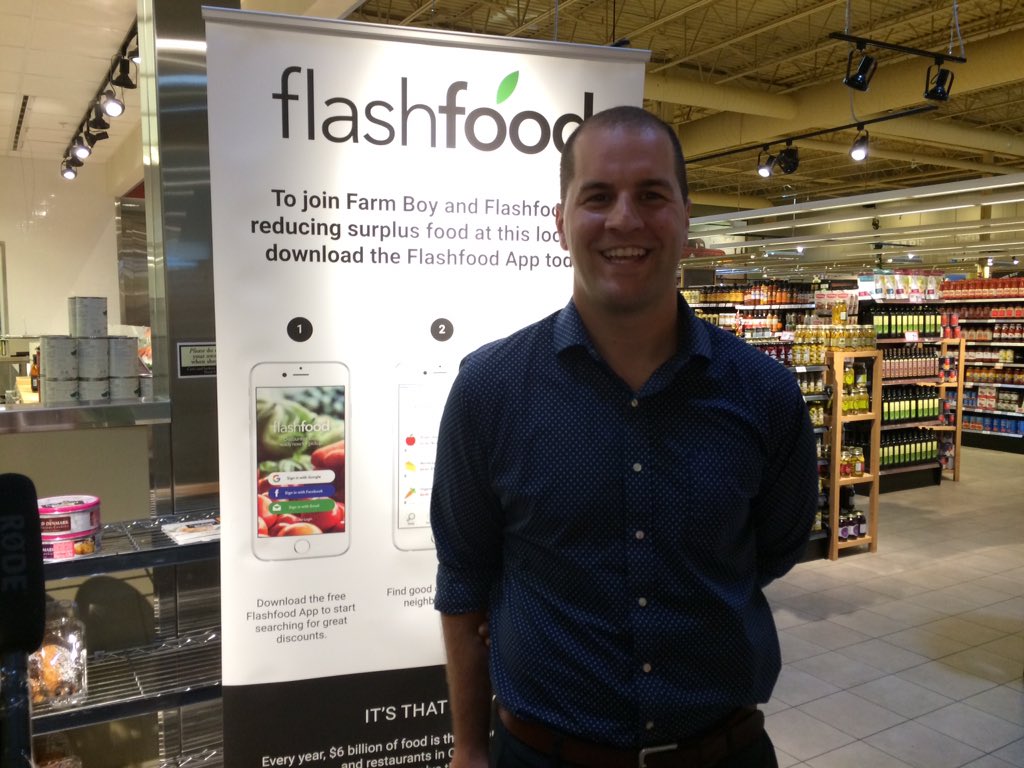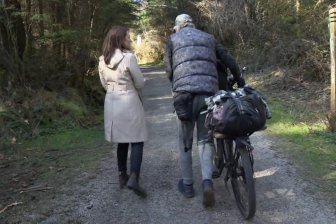Days after a report called out Canada for its staggering levels of food waste, a Toronto company has launched a new spin on the food subscription box featuring produce that may have otherwise gone uneaten.

The Ugly Produce Box from Flashfoodbox works like other meal and produce ordering services — with the option to get a one-time shipment to your door or a recurring delivery — but the veggies included are surplus or imperfect in some way.
Josh Domingues, founder of the company, told 640 Toronto’s Kelly Cutrara that they approached greenhouse growers and farmers and asked if they could buy produce the grocery stores wouldn’t take.
LISTEN: Josh Domingues of Flashfood joins the Kelly Cutrara show
“What we’re doing is we’re taking all that product, so if you think about, like, a weird-looking carrot, we’re putting it all into a box and we’re shipping it directly to consumers,” he said on Thursday.
The company is currently taking orders in the Greater Toronto Area and London, Ont.
The effort is part of a larger ugly produce movement attempting to entice budget and environmentally conscious consumers.
Three years ago, Loblaw launched a line of fruits and veggies under the Naturally Imperfect No Name brand.
The national grocer now offers 14 varieties of produce — both fresh and frozen — after expanding the initiative last summer.
The produce box is not Flashfood’s only product based on the theme of food waste diversion. It has also partnered with grocery stores on an app that allows users to locate, pay for and pick up food that’s about to expire — at steep discounts. That service is currently only available at participating grocers in London and Vancouver.
Domingues said the company is pursuing the food box because the direct-to-consumer model eliminates challenges posed by breaking into chain grocery stores.
Domingues said he founded the company after learning that discarded food in landfills is a major contributor to greenhouse gas emissions.
The environmental impact of food waste is also one of the highlights of a recent report produced by an eco-watchdog established under NAFTA.
The Commission for Environmental Cooperation estimates that wasted food creates 193-million tons of greenhouse gas emissions per year in North America.
From farm to table, 396 kilograms of food is wasted or lost per Canadian every year, the report said. Food thrown out by consumers accounts for the largest share.
Domingues said education and awareness are at the crux of the problem.
“We don’t realize how bad of an issue food waste is and I think as people start to understand it more and more, you’re going to see more change coming from consumers and where they spend their dollars,” he said.
Canada, along with Mexico and the United States, has signed a United Nations pledge to halve food waste and loss by 2030.
— With files from The Canadian Press








Comments